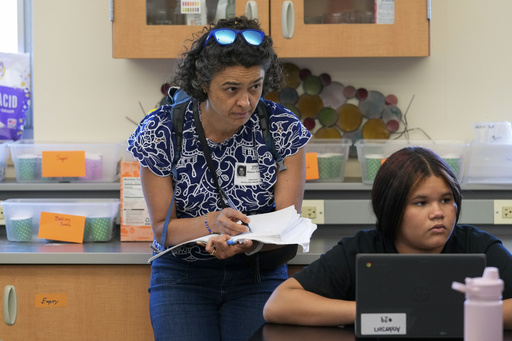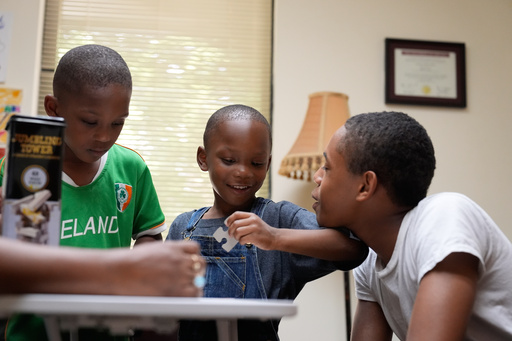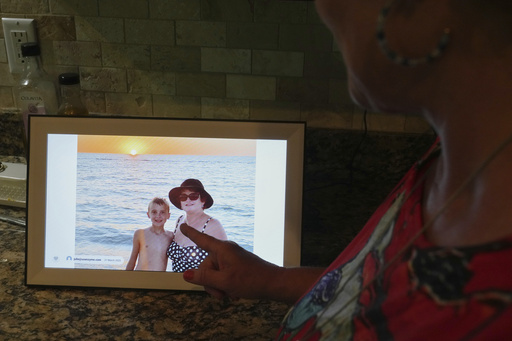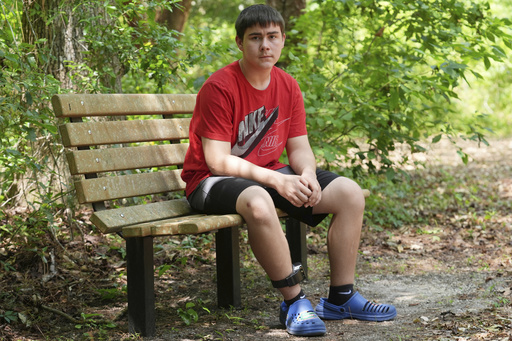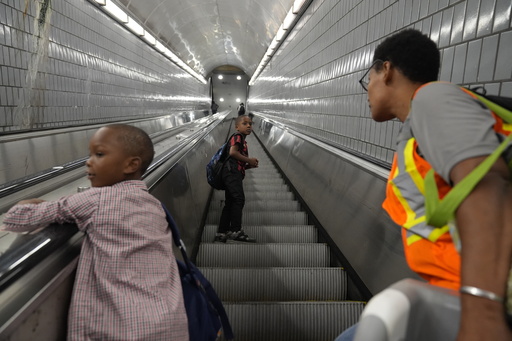
Takeaways from AP’s story on the links between eviction and school
When families are evicted, it can lead to major disruptions to their children’s schooling. Federal laws call for provisions to help homeless and evicted kids stay at their schools, but families don’t always know about them — and schools don’t always share information. Having to relocate also can deprive kids of support networks that are key to their success. One mother, Sechita McNair, to find new housing in her rapidly gentrifying Atlanta neighborhood. After an eviction, she drove extra hours for Uber and borrowed money, eventually securing a lease in the right neighborhood so her eldest son could stay at his high school.


